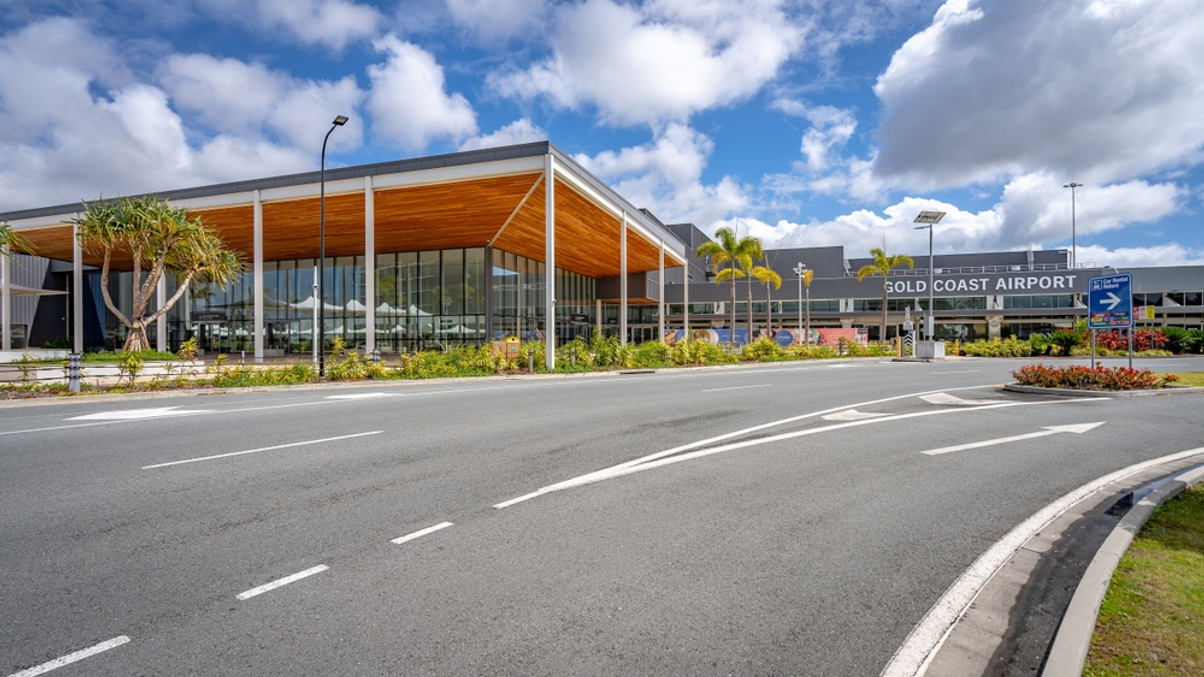State Super (DC) to steer clear from infra after Queensland airports sale
John Livanas, CEO of State Super, discusses the superannuation fund's sale of its Queensland Airports Limited stake and explains why future infrastructure investments are improbable for its closed defined contributions fund.

The recent sale of Queensland Airports Limited (QAL) stakes by State Super, Australian Retirement Trust (ART), and The Infrastructure Fund (TIF), managed by Macquarie Asset Management, marks a significant transaction in the Australian infrastructure market.
Sign in to read on!
Registered users get 2 free articles in 30 days.
Subscribers have full unlimited access to AsianInvestor
Not signed up? New users get 2 free articles per month, plus a 7-day unlimited free trial.
¬ Haymarket Media Limited. All rights reserved.


